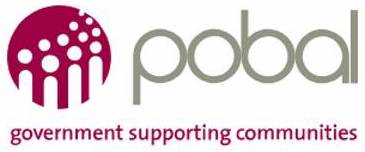These infections are more common in the colder months and many people find that catching a virus can make their asthma worse. The first signs are usually a sore throat and a blocked or runny nose. It is important to deal with these infections as soon as they appear.

We know that that colds and flu, along with throat and nose infections, can be triggers for many people with asthma.
Flu is a highly infectious illness. A person who is carrying the virus can spread it through coughing or sneezing. The virus can be spread from 1-2 days before a person has developed symptoms and for up to a week after symptoms first appear.
Here are a few other things you can do to help minimise your chances of being infected with the flu virus or, if you do catch the virus, stop it spreading to others around you:
- Cover your nose and mouth with a tissue when you cough or sneeze, throw away the tissue and thoroughly wash your hands afterwards.
- Try to avoid touching your mouth, eyes and nose, especially after coming in to contact with an ill person.
- Wash your hands regularly with soap and water or use hand sanitiser.
- Regularly clean hard surfaces such as your phone, keyboard and door handles.
Top Tips to Avoid Getting Sick
While it’s impossible to completely rule out catching a virus in the winter, there are a few things you can do to protect your asthma and reduce your risk of getting sick.
- Make sure your asthma is well under control before the flu season begins.
- Make sure you get the flu vaccine each year. Talk to your doctor or asthma nurse about getting the flu vaccine in September or October, before the flu season begins.
- Get the pneumococcal vaccine. This vaccine helps protect against pneumonia and you should get it at least once every 5 years. This vaccine can be given at the same time as the flu vaccine, simply speak to your doctor, nurse or pharmacist about it.

When and Where Should I Get Vaccinated?
You should get the flu vaccine in September/October of each year. It is available in all GP surgeries and people over the age of 65 can also get it in certain pharmacies from mid-September. If you are currently experiencing an acute (short term) illness, the vaccination should be rescheduled until you are well.
Do I Have to Pay for the Vaccine?
The vaccine and consultation with a healthcare professional are free to anyone with a Medical Card or GP visit card. Pharmacists and GPs charge a consultation fee for giving the season flu vaccine to anyone outside these groups.
For further information , or if you have any questions or concerns about the vaccine, talk to your G.P. You can also call the Asthma Adviceline on1800 44 54 64 to speak to one our nurses in complete confidence.
For a detailed list of the groups at risk and for more information on the flu vaccine visit www.immunisation.ie


